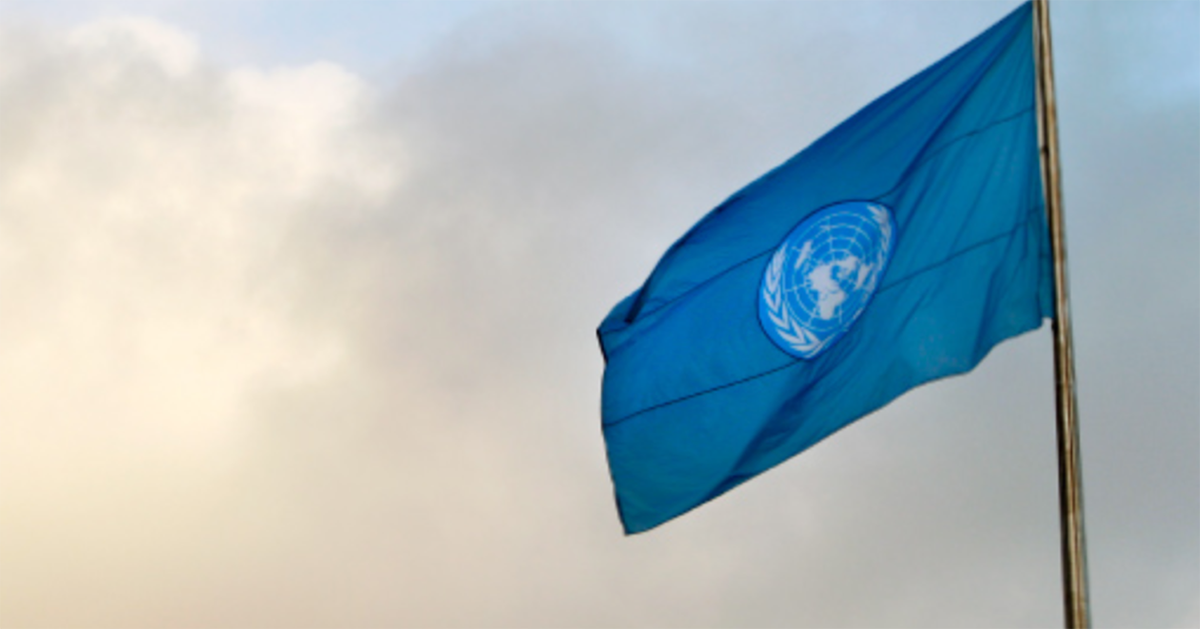When it comes to settling disputes, there is the New York Convention for arbitration, and the Hague Convention for litigation.
Now there will be a new United Nations (UN) treaty on mediation and it will be named the Singapore Convention on Mediation. This is the first time a UN convention is named after Singapore.
Singapore will be hosting the signing ceremony in August 2019.
Once ratified by member states around the world, the treaty will help businesses from different parts of the world resolve their commercial disputes peacefully.
S'pore played key role in negotiations
According to The Straits Times, Law Minister K Shanmugam said in a media interview on Monday, July 23, that Singapore took a lead role in negotiations and is recognised as a credible legal jurisdiction.
He said:
"The countries all agreed for it to be called the Singapore Convention, and they all agreed to Singapore hosting the signing ceremony."
He refuted the suggestion that the treaty is named after Singapore due to its role in facilitating the summit between US President Donald Trump and North Korean leader Kim Jong-un.
He also said businesses are likely to look to Singapore for mediation:
"Singapore offers a first-class set of courts, internationally accepted and respected.
We are top quality in arbitration, and now we have a mediation product as well.
Of course, the treaty applies to all countries, but we will be among the places where people will come to for mediation."
He added that the treaty is good for Singapore's international image:
"Anytime people talk about mediation, they will look up the international treaty and they will know there's a Singapore Convention (on Mediation)."
Nevertheless, he said the work is not yet done:
"We must make sure we have the mediators, both local and international, and we have the lawyers who are capable of handling mediation and advising parties and be actively involved."
Singapore has started a number of initiatives to improve on the process of mediation:
- A 2017 Mediation Act that allows parties to enforce mediated settlement agreements more easily
- Singapore Mediation Centre
- Singapore International Mediation Centre
- Singapore International Mediation Institute
- Singapore International Dispute Resolution Academy
Why is it important?
While businesses can seek arbitration or litigation at the New York Convention and Hague Convention respectively, mediation is considered a more amicable way to resolve disputes as it encourages the parties involved to reach an agreement by finding common ground.
Here is why it is a better way of resolving issues, according to Mrs Natalie Morris-Sharma, chairperson of the United Nations Commission on International Law (UNCITRAL) Working Group of Dispute Settlement and director of the international legal division at the Ministry of Law, who spoke to Channel NewsAsia:
- Gives all parties the most autonomy in deciding the outcome of a dispute
- Seeks a win-win solution for all
- Tends to be cheaper, faster and more convenient
As to why it is cheaper, Morris-Sharma said that parties can approach disputes with more certainty and have greater control over the outcome of the dispute resolution process, therefore saving the costs traditionally associated with uncertainty in dispute resolutions.
[related_story]
How did it come about?
Ong, who was part of the Singapore delegation to the UNCITRAL -- UN's core legal body in the field of international trade law -- said negotiations for the treaty were particularly focused and fruitful.
She said that despite the 2017 North American blizzard shutting down the UN Headquarters in New York, the delegates continued with negotiations in a stuffy and cramped conference room in a law firm.
She said:
"On that day, we resolved a lot of the issues that had been sticking points for many years.
We all just came with a spirit of co-operation, so it was very collaborative and people were very open about things.
It’s very special because that day was quite a breakthrough.”
Top image via United Nations' Facebook page
If you like what you read, follow us on Facebook, Instagram, Twitter and Telegram to get the latest updates.
